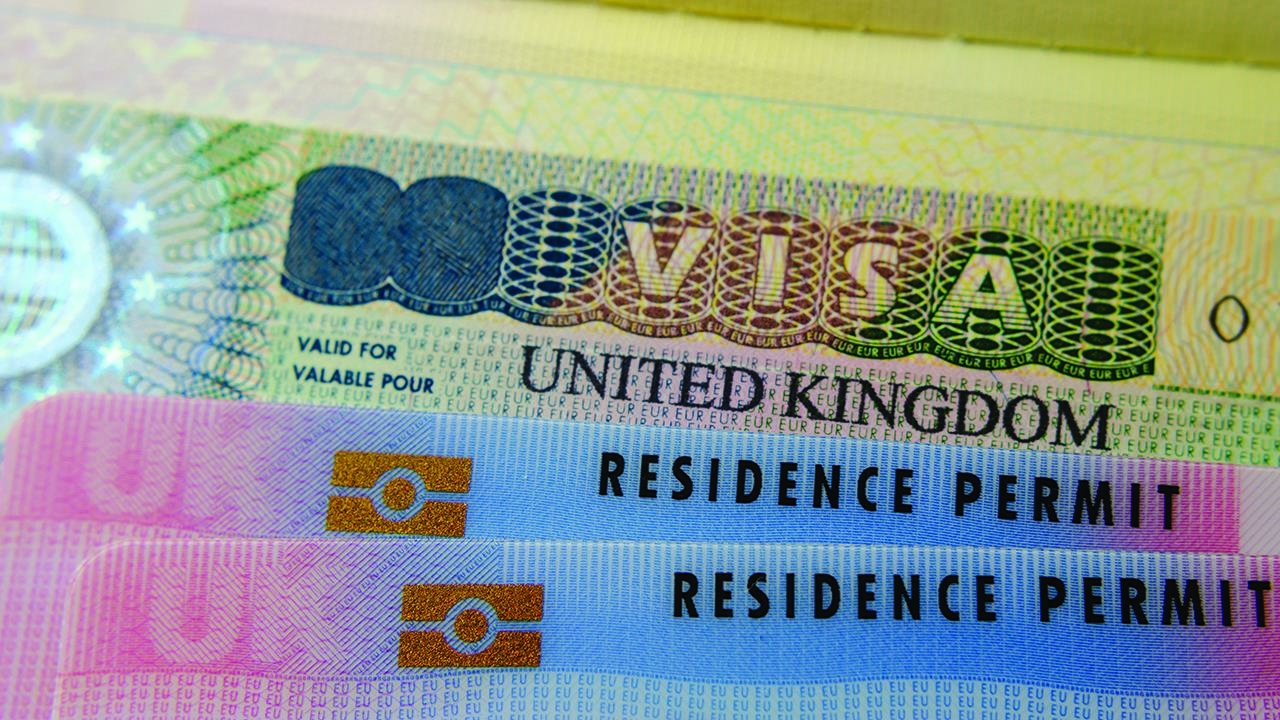

With stories of migrants attempting to cross the Channel and data published by the government over the number of illegal workers caught, employers need to understand their obligations when taking on new staff. Indeed, at the start of August (2023), the government announced a tripling of the penalties for breaking employment law from 2024.
Fundamentally, there is a need for every business to follow the law. Illegal workers can surface in the most unlikely of places. Embarrassingly, back in December 2022, a Border Force official was himself arrested for being an illegal immigrant.
Checks required
Shabana Muneer, a Director at Walker Morris, explains that, in the UK, any prospective worker must have the legal right to work, which, post-Brexit, means that “they must be a British or Irish citizen or have a UK immigration status which permits them to undertake employment.”
And for Mark Stevens, a Senior Associate at VWV, it is important to recognise that, by law, every employer has a duty to prevent illegal working. In practice, he says that “this means that an employer must carry out checks to ensure that employees have the appropriate right to work in the UK.”
“It is unlawful to employ someone who does not have the appropriate right or who is in breach of the terms of their visa.”
In its Employer’s guide to right to work checks guidance, the Home Office has set out the steps that employers must follow in order to check an individual’s right to work. This must happen before employment starts.
However, Shabana warns that “this changes frequently and the version of the guidance in force at the time the individual’s employment commences must be followed.”
In essence, the employer must obtain original documents from the Home Office’s list of acceptable documents. It must then:
Alternatively, Mark adds that “an employer may be able to use the Home Office online right-to-work check if the individual has been issued an eVisa.”
But because of the complexity added by some employees potentially having time-limited permission to live and work in the UK, Mark recommends that follow up checks are carried out throughout the course of each member of staff’s employment.
But, regardless, he makes it clear that “importantly, if an employer knows or has a reasonable cause to believe someone is an illegal worker, they should not be employed.”
Some question the need to check everyone rather than those individuals with different skin tones, accents, or non-British sounding names. However, Mark advises that “taking a limited approach to checking the right to work is very likely to be discriminatory and will not prevent unlawful working.” These employees could bring claims seeking compensation as a result of such discriminatory treatment.
Stiff penalties for breaches
It goes without saying that while the majority comply with the law, for those that do not there are harsh penalties, and the Home Office does carry out compliance and enforcement checks.
As Mark details, a civil penalty is levied where an employer hires someone without the right to work. He says that, where a breach occurs, “the Secretary of State – in practice, an immigration officer – will issue a notice of liability to pay a civil penalty of a specific amount, with the maximum, from 2024, rising to £60,000 from £20,000 for each individual who does not have the right to work.”
In addition, criminal penalties – a prison sentence and/or an unlimited fine – can also apply where the employer knows or has reasonable cause to believe that an individual is an illegal worker.
There is some help for employers though. Shabana says that “if right to work checks are carried out correctly, then even if that business does mistakenly hire an illegal worker, a statutory defence may be available against civil penalties.”
It should be added that immigration officers visiting an employer have the power to request an inspection of documents for each employee, question individuals, as well as talk to employees. “They also,” says Mark, “have the power to search the premises for documents – electronically too – and seize them if they deem it necessary.” On top of this, employers of illegal workers can be named and shamed by immigration enforcement as a warning to others.
Lastly, in the case of agency staff, Mark recommends that the contract between the business and the agency should clearly state that the agency remains the employer and is responsible for conducting the necessary right-to-work checks.
The future
The government has been vocal about increasing enforcement in the area of illegal working, and we can therefore expect to see the law being enforced more regularly.
If you'd like to keep up-to-date with the latest developments in the heating and plumbing industry, why not subscribe to our weekly newsletters? Just click the button below and you can ensure all the latest industry news and new product information lands in your inbox every week.